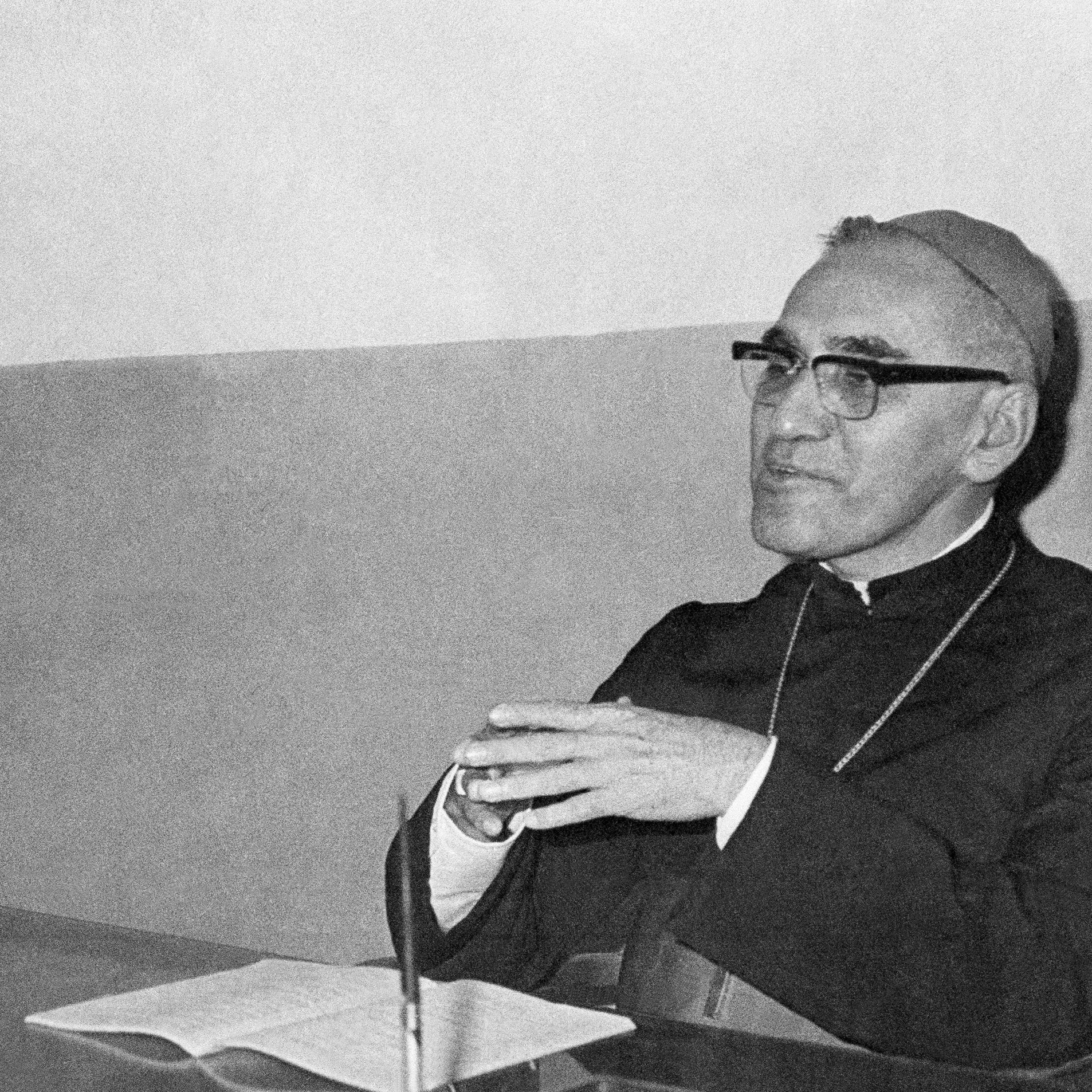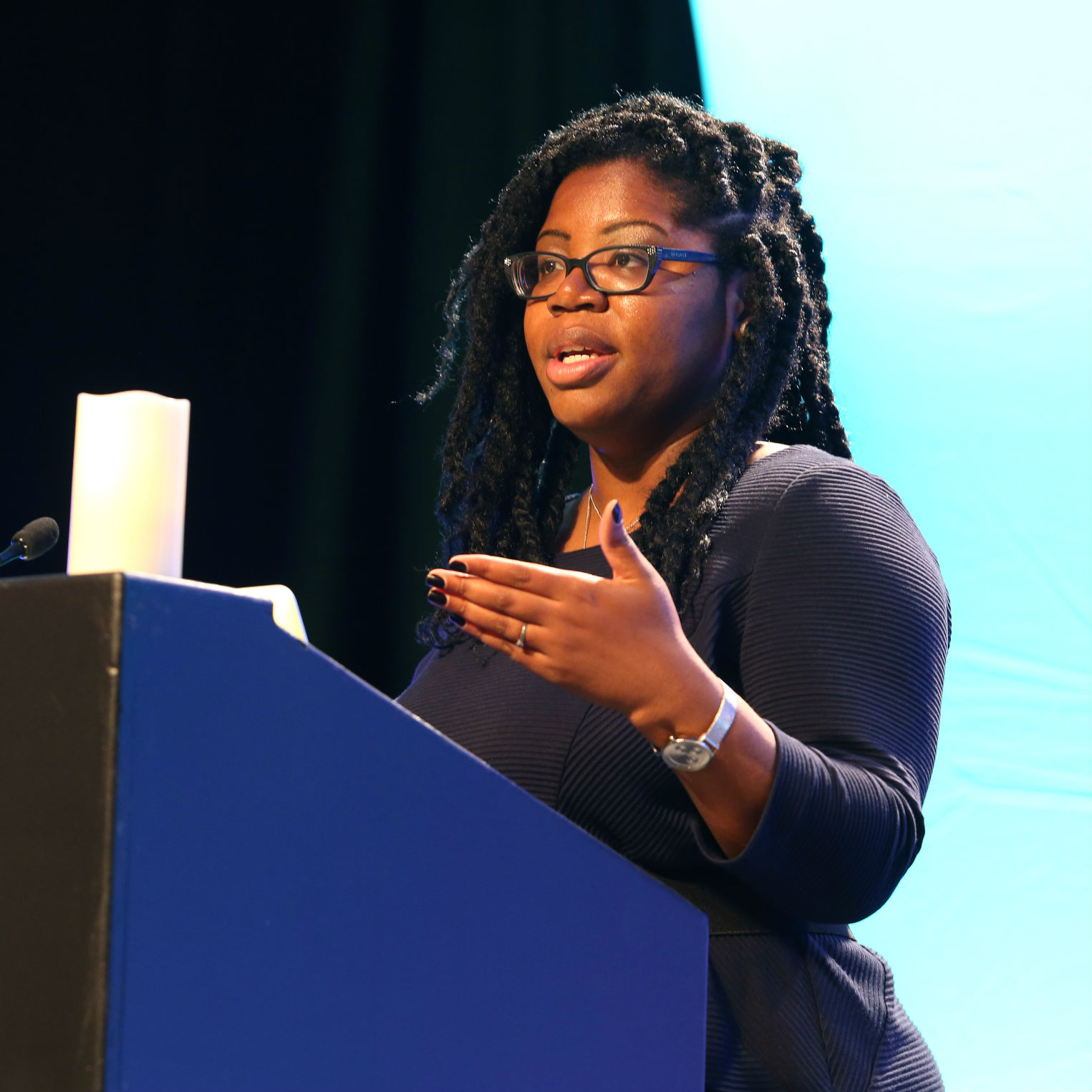Confronting racism in the Church will take “more than singing ‘Kumbaya’”, says nun, as historian reveals racist history of religious life in America.
Resolving the racism in the Church’s history and present will take “more than singing ‘Kumbaya’ and celebrating Black History Month”, one sister told assembly of the Leadership Conference of Women Religious this week.
Sr Anita Baird, a Daughter of the Heart of Mary, was responding to a presentation by historian Dr. Shannon Dee Williams, who is writing a book on black women religious and their struggles in the Church. Sr Baird said that the history of oppression and suppression of black women by the Church requires religious congregations to listen to women of colour and not just pay lip service to racial reconciliation.
Dr Williams revealed in her presentation that up until the mid-20th century, black women in America had to travel thousands of miles to find convents that would accept them.
The historian, who is writing a book called ‘Subversive Habits: Black Nuns and the Long Struggle to Desegregate Catholic America’, explained how religious congregations in 19th and 20th century America would only accept black women if they could “pass for white”. Those who were admitted were often made to take their vows separately from white sisters, and were frequently assigned to subservient roles, treated as domestics to the community, Dr. Williams said. Some congregations forbade white-passing black sisters to receive visitors, fearing that their relatives would look black. Most orders did not open up to black women completely until the 1970s.
At the fourth Black Catholic Congress in 1893, Charles Butler who addressed the conference on the “condition and future of the negro race” decries prejudice and discrimination within the Catholic Church, asking, "How long, O Lord, are we to endure this hardship in the house of our friends?" The congress calls attention to the church's failure in its mission "to raise up the downtrodden and to rebuke the proud."
Some African American women with vocations to religious life travelled from America to Europe to join congregations that would accept them; others formed their own communities in the States, Dr. Williams told listeners. Over time, black sisters founded about nine predominantly black religious communities, but being black and Catholic the communities became prime targets for local branches of the Ku Klux Klan, as well as witnessing a reticence among the white Catholic community that ranged anywhere from prejudice to hatred. The Franciscan Handmaids of the Most Pure Heart of Mary, for example, was founded in Georgia but was forced to move to Harlem after being threatened by racist attacks.
“Black sisters matter, but they constitute a dangerous memory for the Church,” said Dr. Williams, assistant professor of history at the University of Tennessee. She said that growing up, she had not realised that black nuns even existed. “If that doesn’t make you uneasy,” she said, “it should.”
As part of the panel discussion on racism in religious life, sisters wrote on slips of paper about times when they and their religious communities had not welcomed people of colour. The slips were made into a ‘chain of bondage’; the sisters prayed lamentations over it, said a blessing, and broke it.
Photo: Shannen Dee Williams, assistant professor in the department of history at the University of Tennessee in Knoxville.




 Loading ...
Loading ...